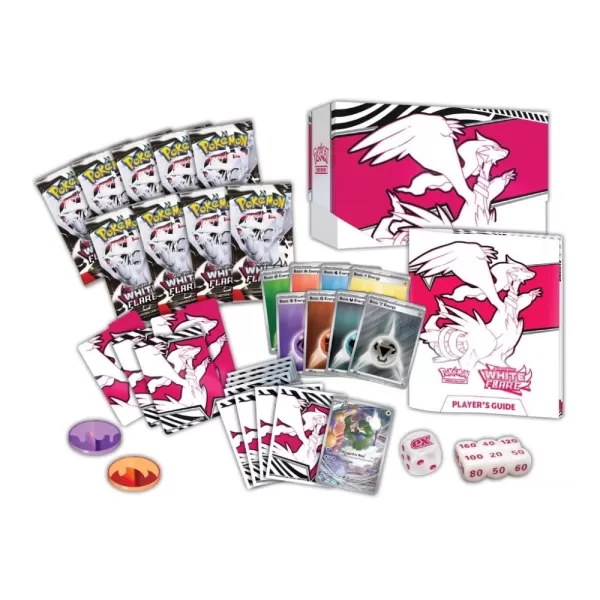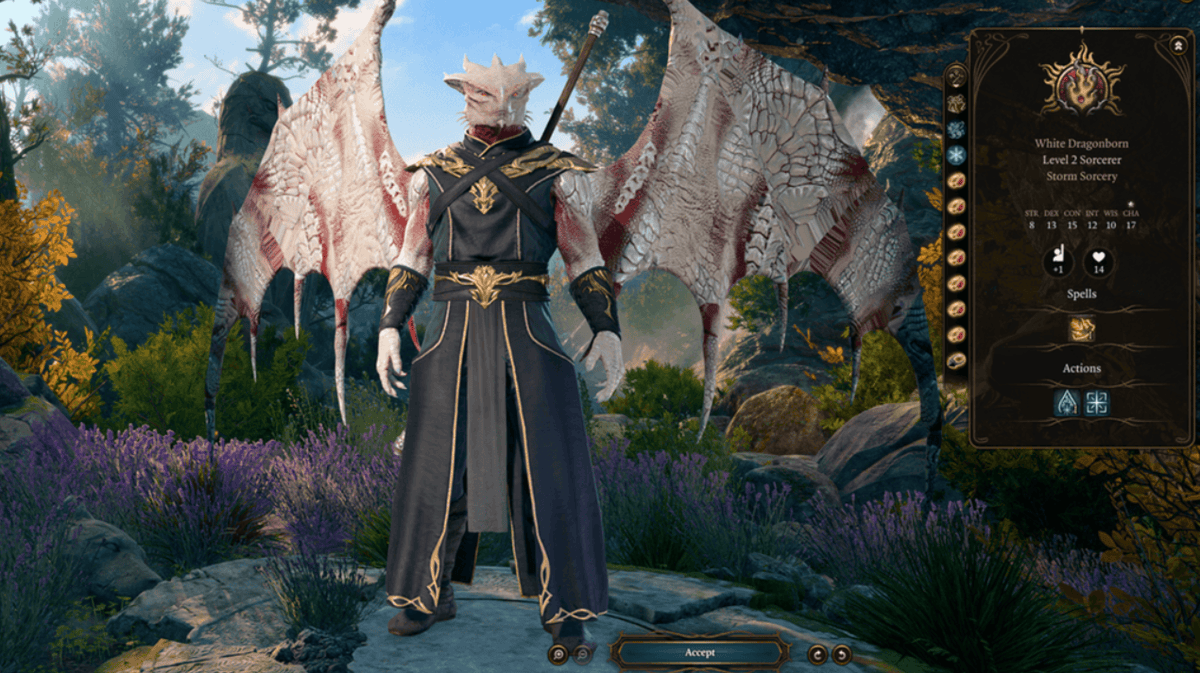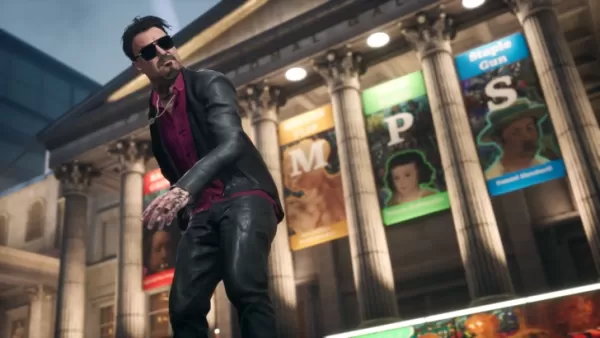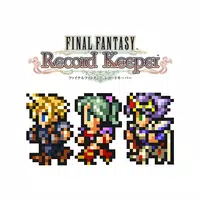At the DICE Summit in Las Vegas, Naughty Dog's Neil Druckmann and Sony Santa Monica's Cory Barlog engaged in a candid discussion about doubt in game creation. Their hour-long conversation covered personal insecurities, identifying successful ideas, and approaching sequels. A particularly insightful exchange centered on sequel development.
Druckmann revealed a surprising approach: he doesn't plan sequels beforehand. He focuses intensely on the current project, treating each game as potentially his last. Any sequel ideas that arise are integrated into the present work, rather than saved for later. He explained his approach to The Last of Us Part II, stating he approached it with the mindset that it might be his final installment in the series. He only considers sequel possibilities after completing a game, assessing unresolved elements and character arcs. If no compelling direction emerges, he considers ending the storyline. He cited the Uncharted series as an example, emphasizing the iterative nature of character development and storyline progression across multiple games. The train sequence in Uncharted 2, for instance, wasn't conceived until after the release of the first game.
Barlog, in contrast, described a more meticulously planned approach, comparing his process to a complex, interconnected web of ideas spanning years. He enjoys connecting current projects to concepts conceived a decade earlier, but acknowledged the inherent stress and challenges of such a method, citing the involvement of numerous individuals with varying perspectives over time. He highlighted the potential for creative clashes and the difficulty of maintaining a long-term vision.
Druckmann expressed a lack of the confidence needed for Barlog's long-term planning style, preferring to focus on the immediate tasks at hand.
The conversation also touched upon the emotional toll of game development. Druckmann shared an anecdote about Pedro Pascal's perspective on art as the driving force behind his work, emphasizing the passion that fuels the creative process despite the challenges, including negativity and even threats.
Druckmann then posed a question to Barlog about the point at which the creative drive becomes sufficient, referencing Ted Price's recent retirement. Barlog's response was poignant, describing the insatiable nature of creative ambition. He likened the feeling to scaling a mountain, only to find another, taller peak awaiting. He admitted the relentless drive is both a blessing and a curse, often hindering the ability to fully appreciate accomplishments.
Druckmann echoed this sentiment, but with a more measured tone, emphasizing the importance of creating opportunities for others by eventually stepping back from the daily grind. He mentioned Jason Rubin's advice upon leaving Naughty Dog, highlighting the opportunities created for others to step up. Barlog playfully responded with a statement of intent to retire, concluding the discussion.
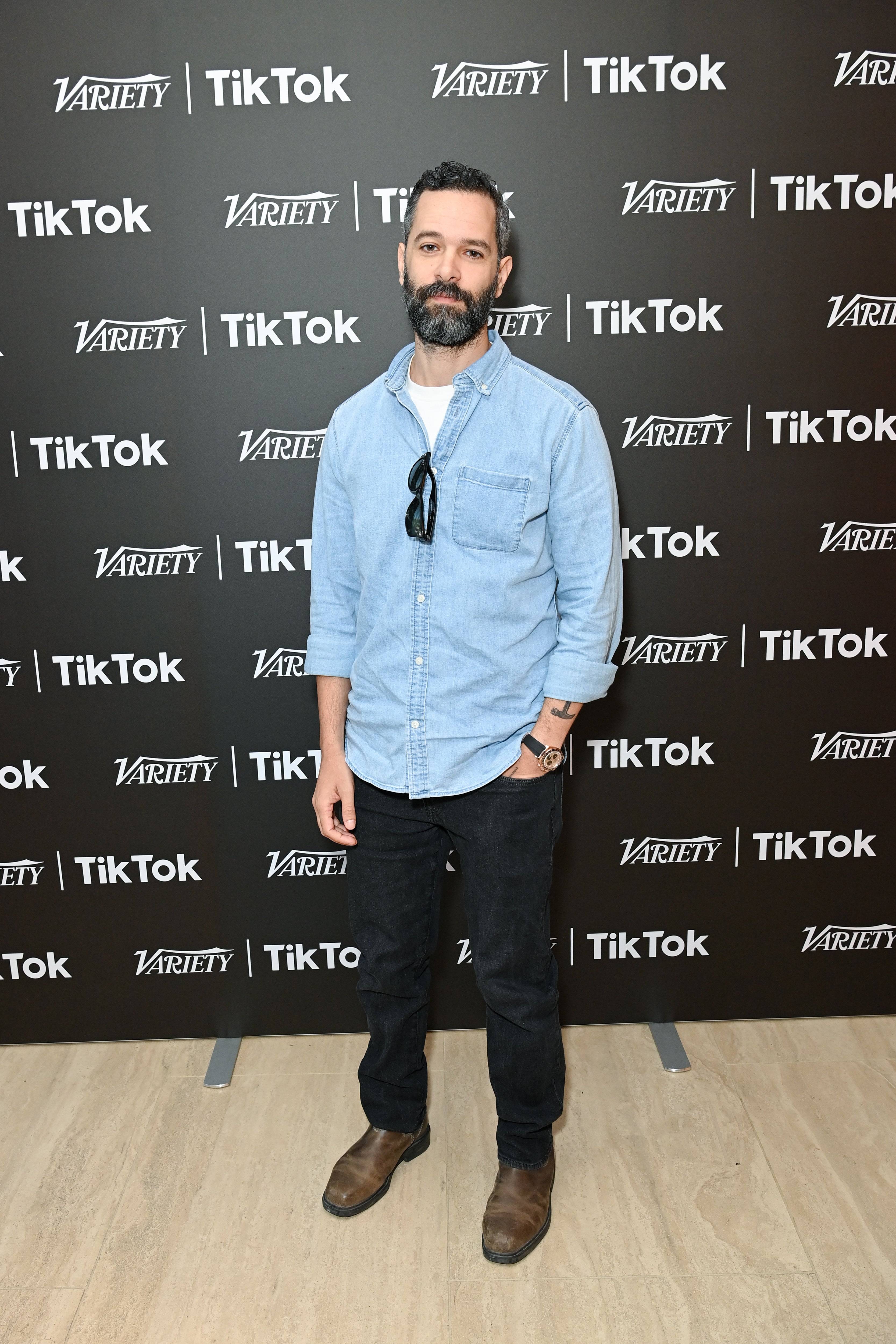 Neil Druckmann. Image credit: Jon Kopaloff/Variety via Getty Images
Neil Druckmann. Image credit: Jon Kopaloff/Variety via Getty Images
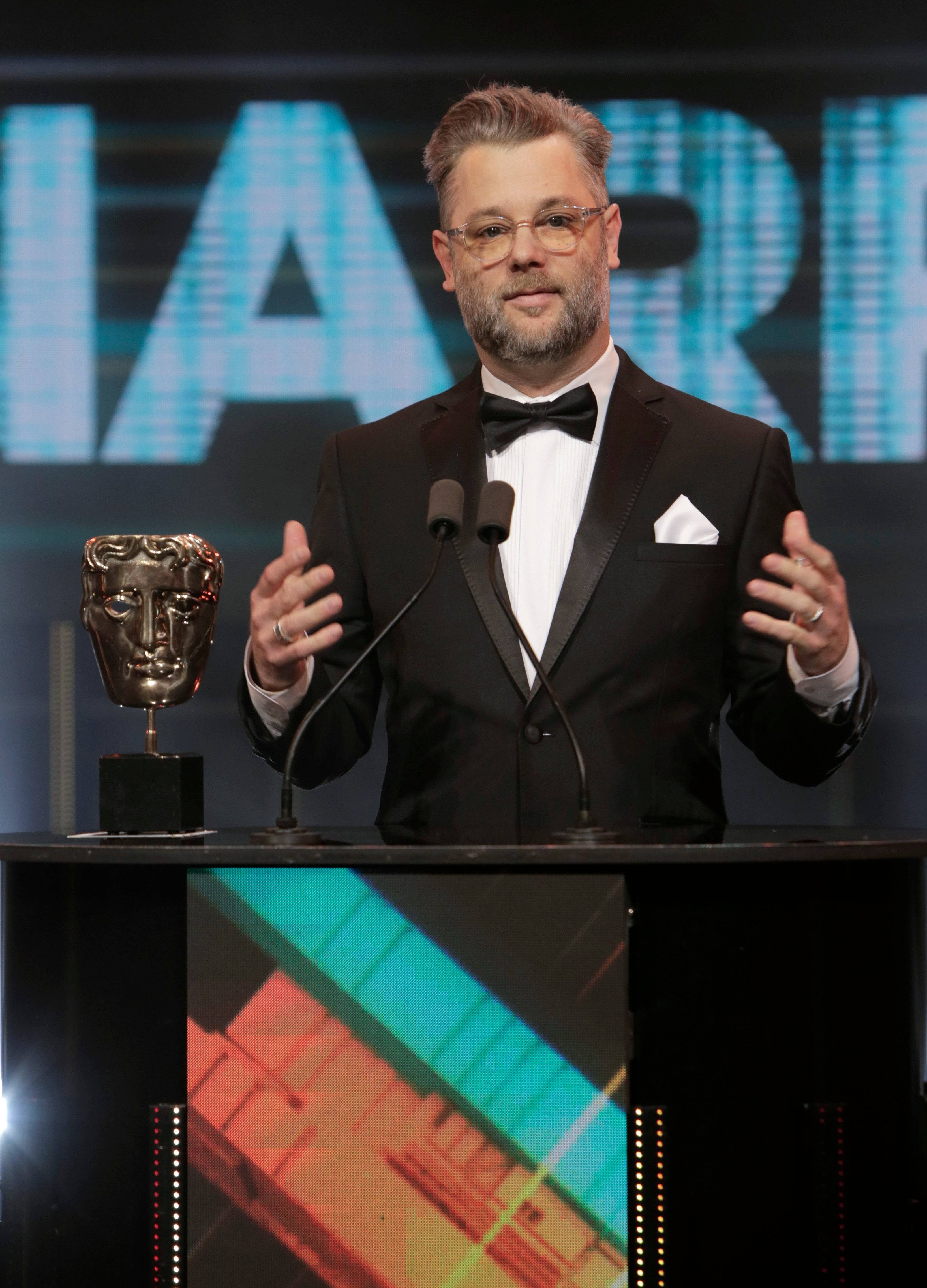 Cory Barlog. Image credit: Hannah Taylor/BAFTA via Getty Images
Cory Barlog. Image credit: Hannah Taylor/BAFTA via Getty Images



 LATEST ARTICLES
LATEST ARTICLES 